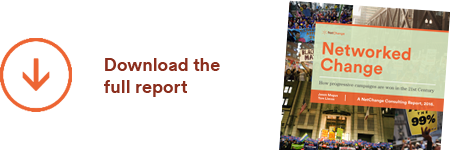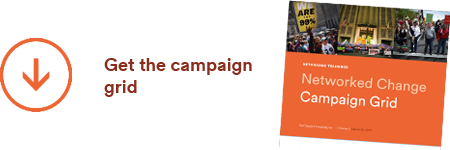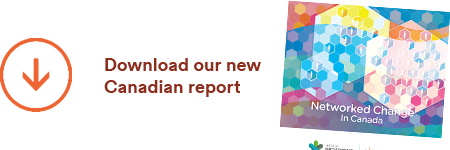We just finished 2 days of intensive planning for a major client. This week we really focused the project's features, audiences, and strategy, and it was hard for everyone involved to let go. In order to focus on what was most needed by the market and most achievable by the organization, we ended up "killing" many of the more exciting ideas. We argued that they need to start first from a strong foundation and grow out from that solid ground.
The more organizations I get to see deep inside of, the more I see the value – really the absolute necessity – of focus. I call it "killing for kindness". Some of the businesses I work with know this – if you look at any serious software start-up they have 8 – 40 staff focused entirely on one product only. They watch “feature creep” like hawks, realizing that every new feature they develop takes their energy away from beating the market at what they first set out to do. They use deep market knowledge and intuition to know the features most demanded by their target audience in order to make something that is truly exceptional. Then, and only if their initial product is successful, will they enter new markets or add new features, leveraging off of the knowledge, relationships, and expertise they have gained from their success.
In non-profits the context is much tougher for managers. Funders want to fund programs (which are like products), not the organization itself, and groups are ravenous for funds in order to maintain staff and existing programs. "Market Demand" for many of their solutions is so massive they tend to stretch out too far. Instead of feature creep they have "mission drift", or, even worse, enter into new areas where the mission may be the same but the actual work involved with the program is so different from what the organization knows well there are no efficiencies to be gained. They are basically running 4-5 organizations in one, on maybe a third to half the resources your average company has.
I would propose that too many non-profits measure their success by the number of programs they run rather than how effectively they do them better than anyone else. It's a hard context within which to achieve excellence, because, let's face it, achieving excellence is damn hard. And I don't think most funders are aware of their role in contributing to all this distributed energy. It takes conviction to say no, and it takes trust in life that somehow, something else will emerge to fill the gaps you leave behind. It's one of the hardest things to do, but fierce focus works in business, and I think it could make the social sector more efficient too.









